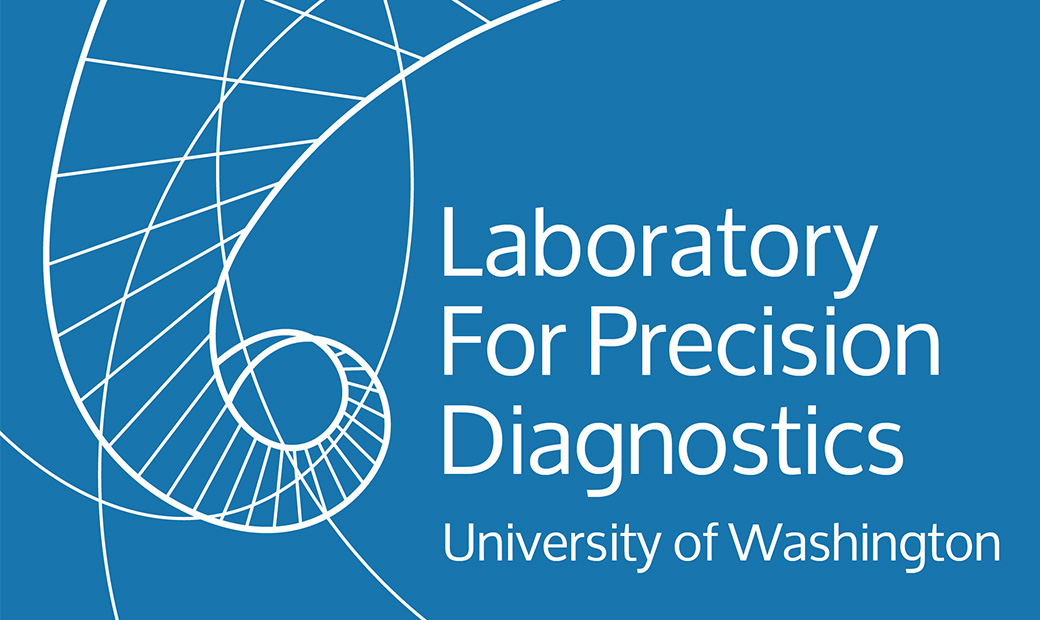Exome Panel on Demand (Comprehensive Cardiac Arrhythmia/Cardiomyopathy Panel) Test Link
The Comprehensive Cardiac Arrhythmia/Cardiomyopathy Panel includes genes that have been identified to be responsible for disorders in which arrhythmia and/or cardiomyopathy are a noted feature. Cardiac Arrhythmia disease phenotypes include Brugada syndrome, Familial atrial fibrillation, long QT, and arrhythmogenic right ventricular dysplasia among others. Cardiomyopathy disease phenotypes include primary myopathies, muscular dystrophies; metabolic storage diseases, Noonan syndrome and cardiofaciocutaneous syndromes among others. The Comprehensive Cardiac Arrhythmia/Cardiomyopathy exome panel is the most cost-efficient and precise approach to diagnostic testing as there is overlap between phenotypes and the lack of characteristic “other” features in many instances. Study of the panel genes from the DNA of a single individual allows us to focus on variants reported as pathogenic in the past, on those with a very low population frequency, with nucleotide conservation across species and with likely pathogenic consequence. When variants of unknown significance are identified by panel testing, DNA is requested from first degree relatives to interrogate the significance of the variant. There is no charge for added studies used to aid in interpretation of a sequence change found in the index case.
